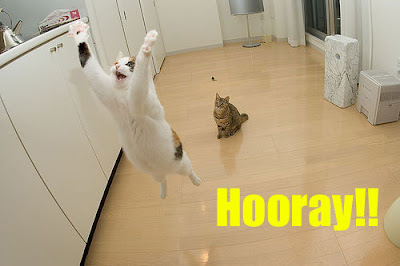Reading
The Great Gatsby has prompted discussion about social class. I did a little research about America's perceptions of social class and reflected on my own. Here are my findings:
I came across an interesting report by the New York Times (
click HERE to see it). Ms. Goulart, of the self-proclaimed lower class, said "
The rich get more benefits and tax breaks and the poor people don’t," directly relating to self-proclaimed upper class woman, Ms. Freeborn. She says that rich people get "preferential treatment, where they don’t have to pay for things."
Is there truly a cycle of rich to richer, poor to poorer? I don't believe so. Although certain advantages come from having money, preventative measures between being financially unstable to financially stable can, and have been, overcome. To give extreme examples, I turn to Forbe's "Rags to Riches Billionaires," which states that "almost two-thirds of the world's 946 billionaires made their fortunes from scratch." Not relying on a cycle of wealth, government leniency, or inheritance, these people created their own wealth.
So social class is based on money, people can move among classes, and it is based on perspective. However, the question remains, what is it? I conclude that it is a mindset; an idea. If you take another look at the photos of the NY Times interviewees, their facial expressions become proportionately happier with the amount of money they have. The people in between are "transitions" from one emotion/social class to the next.
 |
| Rich n' Happy. |
 |
| Poor n' Not. |
Money does NOT necessarily match wealth. Wealth in terms of family, in terms of experience, in terms of friendship, and in terms of insight do not depend on a pay check. If a financially poor, happy, confident, and intelligent person tried to make friends with a person similar in all aspects aside from salary, would they be able to form a relationship? I would hope so, and do believe so. It's called
social class after all; we're not talking about socio-economic class. That's a different ballgame.
I consider myself upper class because of my education environment, physical and emotional safety and security, and because of my strong friendships. My financial situation may or may not match my mindset of class, and honestly, that doesn't really matter much.
Any input on how you define "Social Class" is much appreciated.




